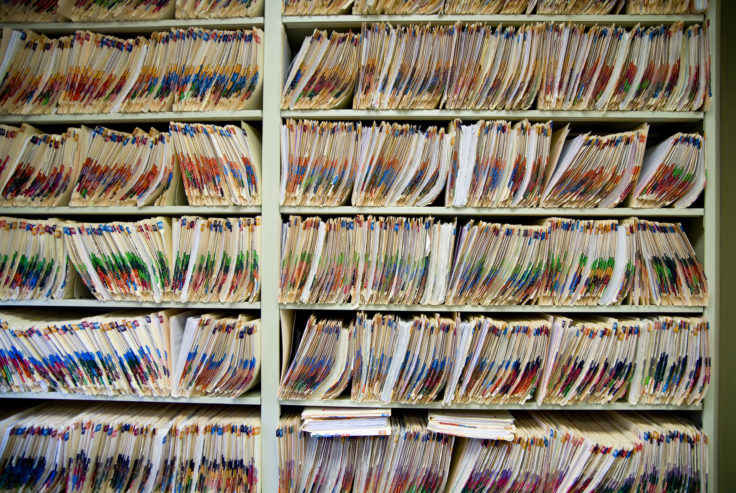Overview
These legal snapshots give an overview of the basic legal requirements of different federal data protection laws to help public health professionals and researchers understand how different federal laws might apply to a proposed data activity. They also provide links to full text versions of the law and other federal resources.
This annotated resource compilation is intended to help state and local agencies access information and resources needed to better understand the federal legal protections and requirements associated with datasets collected by federal agencies or as part of a federally funded program.

Child and Adult Care Food Program

Confidential Information Protection and Statistical Efficiency Act (CIPSEA)

Department of Veterans Affairs

Family Educational Rights and Privacy Act

Head Start Program

Health and Human Services Privacy Act Regulations

Higher Education Act

HIPAA Privacy Rule

Homeless Management Information Systems

Individuals with Disabilities Education Act, Part B

Individuals with Disabilities Education Act, Part C

Medicaid Applicant and Beneficiary Information

Medical Quality Assurance Review Records

National School Lunch Program and School Breakfast Program

Protection of Pupil Rights Amendment

Special Milk Program for Children

Substance Abuse and Mental Health Services Administration

Summer Food Service Program

Supplemental Nutrition Assistance Program

Title X Family Planning Programs

Veterans Administration Claims

WIC Supplemental Nutrition Program
Data are essential to inform public health activities. While an abundance of data are collected and used in different sectors, laws define how data can be used to promote health of individuals and communities. Unfortunately, it can be hard to know whether there are legal barriers to a proposed data use. Different laws with different requirements can apply to data in different contexts.



